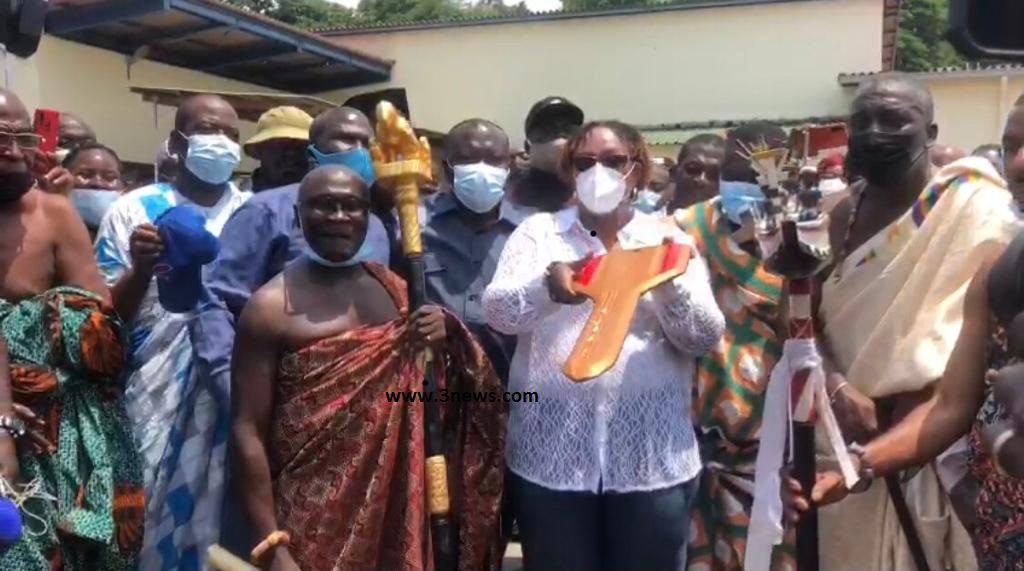Some stakeholders in the fishing industry say the implementation of another closed season period during the minor upwelling season will yield no results.
According to them, the sector ministry must devise ways to effectively manage the fishing sector rather than focusing on closed season periods, as it is planning to implement.
“We will not accept this second closure, if we do, things will be more difficult for us than it is now. Money to pay back our loans will be even more difficult, and if we don’t pay, we would be in trouble.”
“If the government thinks the first closure impacted positively, then it is a lie because, illegal fishing, like light fishing, still goes on. So, they should just open the sea for us to work.”
“Following the first closure, things have been very difficult, the government should help us, even if they would give us some nets to fish, it would help. Our families are really bearing the brunt of the closure. We cannot pay for our children’s school fees, amongst other provisions in the house.”
The Ministry of Fisheries and Aquaculture Development and the Fisheries Commission announced a nationwide closed season for fishing from July 1 to July 30, 2021.
The ban was binding on artisanal and inshore fleets, as well as industrial fleets.
On March 22, 2022, the sector minister again announced an intended one-month closure.
According to the ministry, the one-month additional closed season period will be implemented during the minor upwelling season, which is between the months of December and February.
Speaking at a press conference, sector minister, Mavis Hawa Koomson, indicated that stakeholders in the fisheries industry will be engaged extensively before the implementation.
“The Ministry has decided on scientific grounds to extend the closed season by one month. The final decision, however, will be made in consultation with fisheries stakeholders.”






